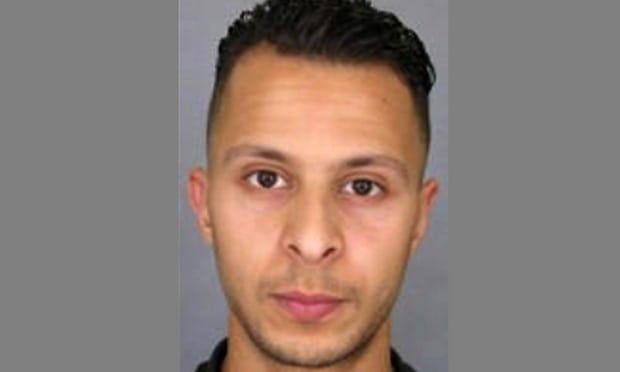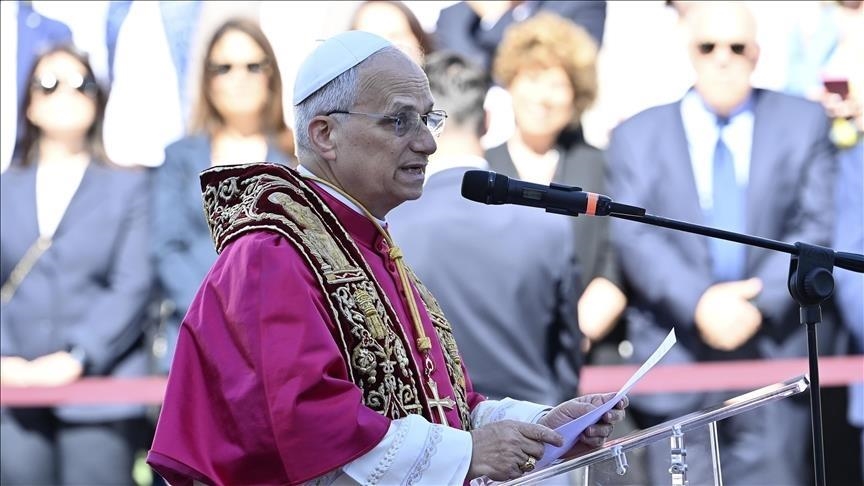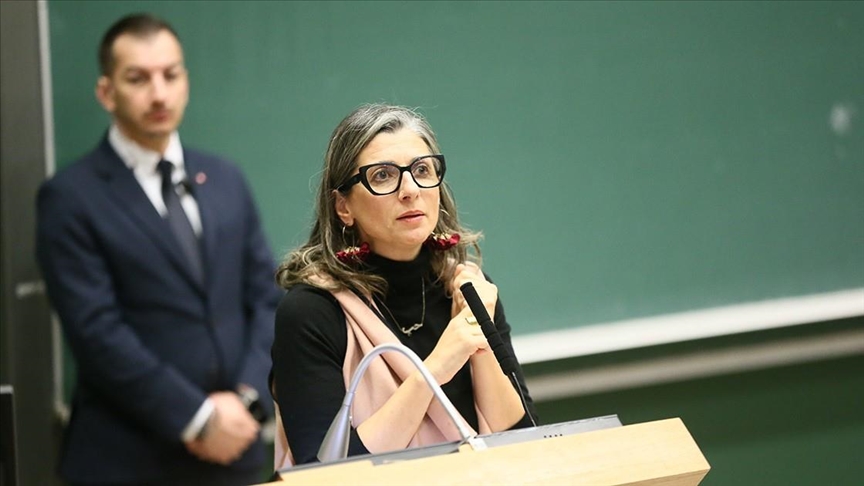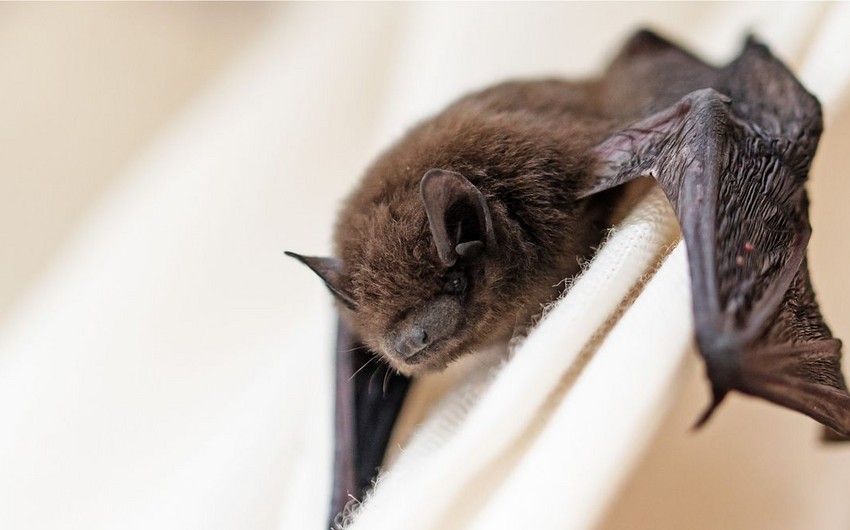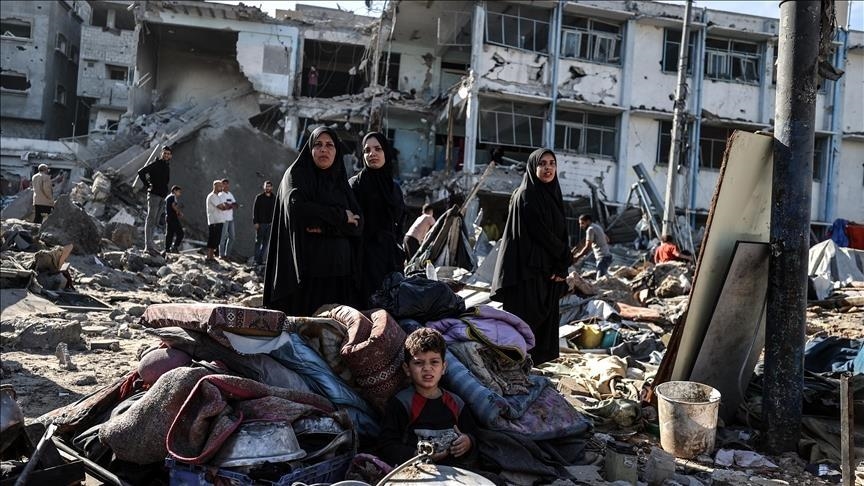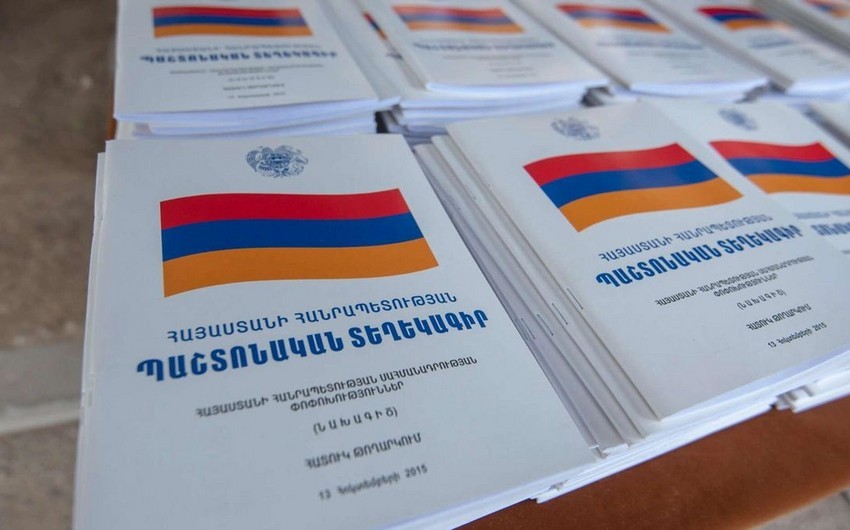Two years after the Paris terror attacks, the only surviving suspect is still refusing to talk to investigators about his role in the city-wide bombings and shootings that left 130 dead.
Salah Abdeslam, France’s most closely watched prisoner, played a key part in organising logistics for the terrorists, but his exact role remains a mystery, police admit.
The 28-year-old has remained silent since he was arrested in Belgium in March 2016, four months after the 13 November attacks, frustrating investigators’ efforts to establish how they were organised and carried out.
On Monday, the second anniversary of the attacks, French president Emmanuel Macron will visit the targets, beginning at the Stade de France and ending at the Bataclan music venue. He is expected to lay a wreath and observe a minute’s silence at each but is not planning to make any speech, French media reported.
Abdeslam, a former petty criminal turned jihadist, dumped his explosive suicide belt in a rubbish bin before fleeing the French capital after the attacks, but police say they do not know if he changed his mind about blowing himself up – as he indicated to friends – or whether the device was defective.
It is known that he played a vital logistical role in the planning of the terror operation, renting cars and apartments for the jihadists and helping several of them reach Europe. He has also been linked to the terrorists involved in the Brussels bombings in March last year, four days after he was arrested.
Abdeslam is being held under 24-hour surveillance in solitary confinement in Europe’s biggest prison at Fleury-Mérogis, south of Paris. Fears that he is a suicide risk mean he is constantly monitored, but his conditions have been eased after doctors said his mental health was suffering.
On the evening of Friday 13 November 2015, three terrorist commando groups set off across Paris to hit at least six locations. By the end of the night, 130 people were dead and hundreds more injured.
Three terrorists blew themselves up outside the Stade de France football stadium; another group of three drove around the 10th and 11th arrondissements attacking cafes and restaurants; two suicide bombers detonated explosive belts after attacking concert-goers at the Bataclan – where 90 people died – and a third was shot dead by security forces who stormed the music venue.
Abdelhamid Abaaoud, the man believed to have masterminded the coordinated attacks, died in a raid on a flat in the Paris suburb of St-Denis five days later, along with two other people, including a woman.
Abdeslam went on the run. He was driven to Brussels by two other men; their car was stopped by the police, but allowed to continue. An intensive manhunt went on for four months until his arrest.
Families of the victims are anxious to see him stand trial, but his defence lawyers – Frank Berton representing him in France and Sven Mary in Belgium – have dropped him saying they were convinced “he will not talk” and that his silence made it impossible for them to defend him.
Abdeslam has offered to appear at his trial in Belgium for the attempted murder of police officers injured in a shoot-out three days before he was captured in the Belgian district Molenbeek, where he once ran a bar with his brother Brahim, one of the Paris suicide bombers.
His trial is scheduled for 18-22 December, but the Paris appeals court has yet to decide whether Abdeslam can be temporarily transferred to Brussels to be judged. Victims’ families fear he will use the transfer to avoid being sent back to France.
“Why would this guy, who isn’t talking to investigators in France, demand to be sent to trial in Belgium?” said Gérard Chemla, a lawyer representing some of the vicims and their families. “We have to ask ourselves if this is an attempt to escape from the French authorities.”
A date for Abdeslam’s trial in France has yet to be set.
Last month a French court threw out a case brought by Abdeslam for breach of privacy after a French MP visited him then described his prison conditions to journalists. Abdeslam had asked for a symbolic €1 in damages.

